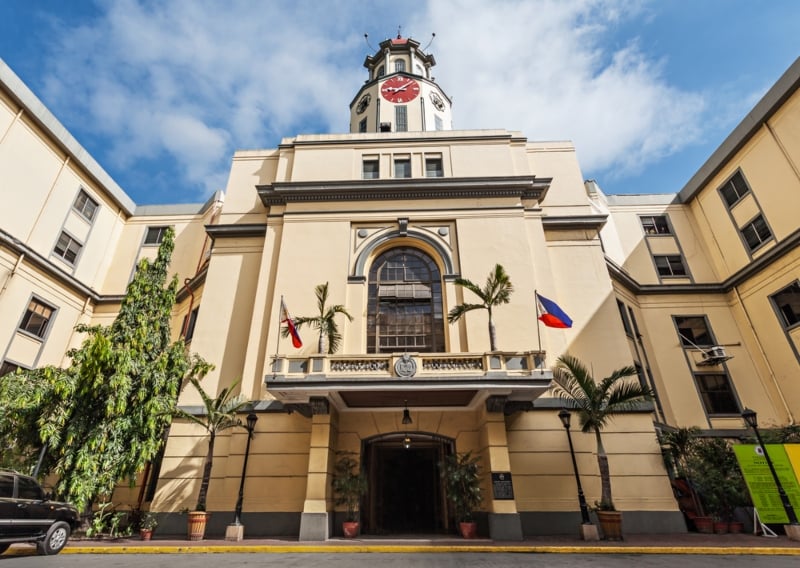Meant to ensure no individual objects to foreign national working in country

The Philippines’ government is requiring foreign nationals who intend to work in the country to secure a Certificate of No Objection (CNO) from the Department of Labour and Employment (DOLE) before they are allowed to do business there.
The order requires foreign nationals to secure a CNO before they can be issued the visa and permits they need from government agencies for their employment.
“A CNO is necessary to prove that no individual objects or protests against the interest of the foreign nationals to work in the Philippines and perform their desired jobs,” says DOLE.
The CNO guidelines cover personnel, participants, trainees, professors, technicians, and fellows entitled to 47(a)(2) visa under certain entities and programs of the Codified Visa Rules and Regulations of 2002 of the DFA, and foreign nationals employed or seconded in a foreign enterprise that has existing agreement, understanding or document of similar nature with the Philippine government agencies.
To secure the CNO, foreign nationals have to submit to the DOLE regional office which has jurisdiction on their intended area of worksite (1) a letter request from the foreign enterprise/entity or project implementer; (2) photocopy of passport bio page and entry visa/ latest admission with valid authorized stay and (3) a certified true copy of notarized contract of employment between the foreign national and its enterprise/entity.
If the foreign national’s CNO application is approved, the regional office will release the document “within three working days after the receipt and evaluation of the complete documentary requirements and payment of the corresponding fee,” says DOLE.
The DOLE regional director may deny a foreign national’s CNO request if the labour department “has received a meritorious objection or information on the employment of the applicant; misrepresentation of facts and submission of fraudulent documents; and derogatory information from the National Intelligence Coordinating Agency (NICA).”




